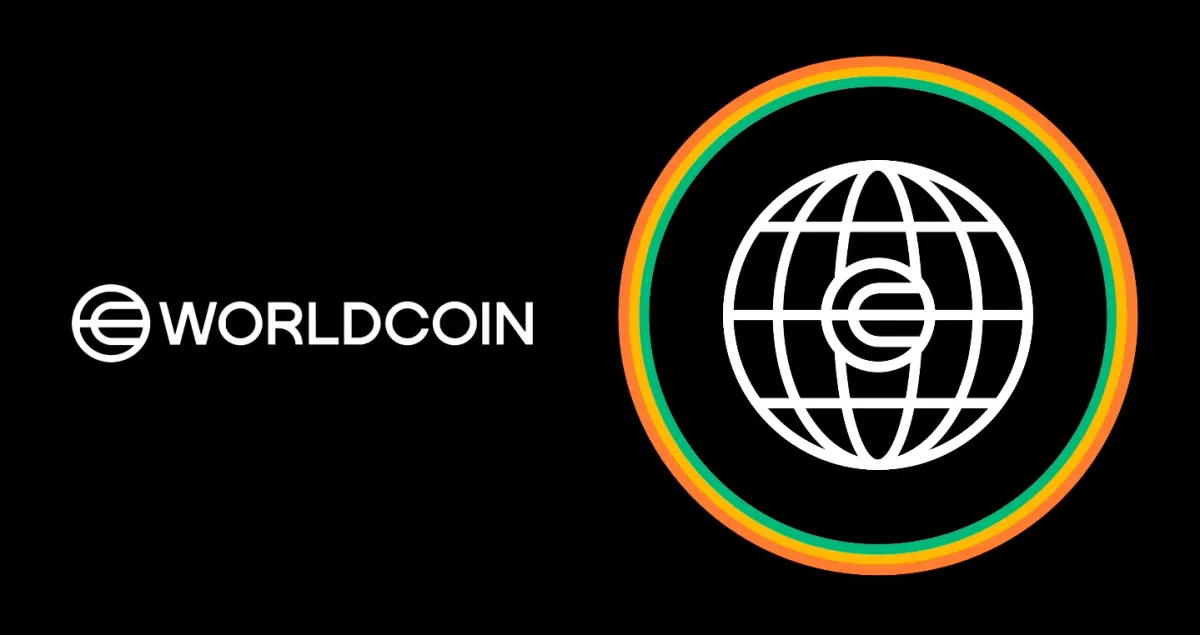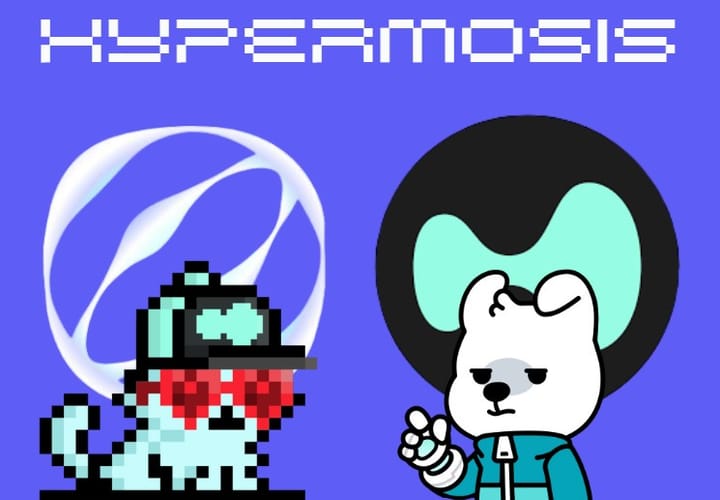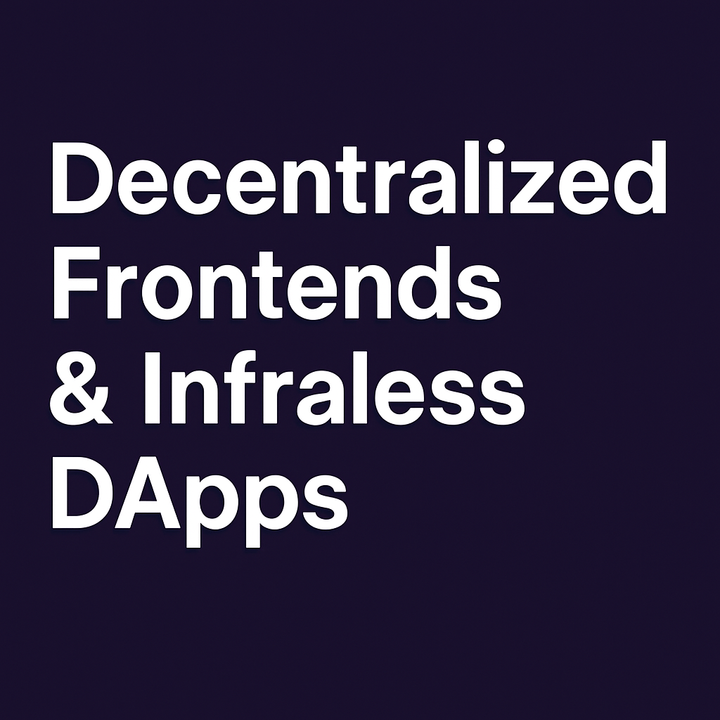World Chain launches a tool to prioritize real human transactions over bots

Introduction
Blockchain networks often face congestion due to automated bot activity, leading to slower transactions and higher fees for ordinary users. Recognizing this challenge, World Chain a Layer-2 blockchain project linked to OpenAI’s Sam Altman – has introduced an innovative mechanism to give real human users an edge. The newly launched Priority Blockspace for Humans (PBH) is designed to prioritize transactions from verified human accounts over those from bots during times of network congestion. This move is part of World’s broader mission to build a more human-centric blockchain environment, ensuring that genuine users don’t get crowded out by automated actors.
The Blockchain Bot Problem
Just like other online platforms, blockchains have become swamped with bots. Automated programs execute trades, hunt for arbitrage, and perform airdrop farming – often faster than any human can. While some bots provide useful services, many are unproductive, clogging the network and driving up costs. In fact, insiders estimate that a vast majority of on-chain transactions are now automated. This means that human users sending normal transactions often find themselves competing with scripts that spam the network or exploit its mechanics for profit. The result? Congestion and high gas fees that make the user experience frustrating for real people.
Blockchain developers have long grappled with this issue. Traditionally, transaction inclusion is decided by fees – those who pay higher fees get priority. Bots can take advantage of this by outbidding others or even manipulating transaction ordering through techniques related to miner/maximal extractable value (MEV), where block producers reorder or insert transactions for extra profit. All of this has underscored a need for solutions that level the playing field for regular users and prevent bots from always winning the race.
What is Priority Blockspace for Humans?
PBH is a protocol-level system that reserves a portion of every new block for Orb-verified human users—people who’ve gone through Worldcoin’s iris-scan process and hold a World ID.
Here’s how it works in practice:
- Suppose a block can fit 1,000 transactions.
- PBH reserves, for example, the first 200 slots for verified humans.
- During congestion, these 200 spots are filled exclusively by users with World ID.
- Bots and non-verified accounts must compete for the remaining 800 slots.
So if you’re trading on a DEX like Uniswap or minting an NFT on World Chain, you’ll get priority execution if you’re a real person. No need to outbid a bot farm.
This creates a kind of “fast lane” for people. If bots are spamming the network or a flurry of automated trades is causing congestion, human transactions won’t be stuck at the back of the line or forced to pay exorbitant fees to get through. As the World team explained, PBH essentially adds a new dimension to transaction ordering: humanness. Unlike the usual competition based purely on gas fees or bidding wars, having a verified human status guarantees you priority inclusion during traffic jams. In practice, this could mean smoother DeFi trades, NFT purchases, or simple token transfers for everyday users, even when bots are swarming to exploit an opportunity.
DeFi Use Cases: A Real Advantage
This isn’t just theoretical. PBH brings clear advantages to everyday crypto users:
Case 1: DeFi Swaps
Imagine you’re swapping ETH for USDC using a DEX on World Chain. Without PBH, you might lose a few dollars due to slippage caused by MEV bots front-running your trade. With PBH, your transaction gets priority inclusion, reducing the chance of being exploited.
Case 2: NFT Minting
NFT drops are notorious for being dominated by bots. With PBH, real users get early access. This makes minting fairer and more community-focused.
Case 3: Airdrop Farming Defense
World Chain can design airdrops to favor verified users blocking bots from hoarding tokens. This encourages long-term participation over speculation.
Collaboration and Industry Reaction
World Chain did not build this human-prioritization tool alone. It collaborated with experts in blockchain infrastructure, including Flashbots – an Ethereum research group known for tackling MEV challenges – and the team behind Optimism, a leading Ethereum Layer-2 scaling solution. By working with Flashbots, the developers ensured that PBH integrates smoothly with modern block building practices and mitigates unintended side effects. Other contributors like Alchemy and Nethermind also helped to test and refine the system. This collaborative approach lends credibility to PBH, signaling that the wider blockchain community is interested in solutions that protect users from bot-driven woes.
The launch of PBH has generally been met with optimism from users who have often felt victim to bots front-running trades or clogging token sales. Many see it as a win for fairness – a way to restore the idea that blockchain networks are open for people and not just dominated by automated actors. Even outside World Chain, the concept sparks discussion about how to handle bots. High-profile figures like Changpeng “CZ” Zhao of Binance have argued for stricter measures against bots on social platforms, reflecting a broader sentiment that curbing malicious automation is important for digital ecosystems.
At the same time, World’s team has noted that not all automation is bad. Plenty of bots perform useful tasks, from market making to monitoring network health. The goal of PBH isn’t to ban bots outright, but to ensure human users can reliably transact without being pushed aside by them. “Where bots create congestion, PBH provides a priority lane for real humans,” a World spokesperson explained. In essence, World Chain is drawing a line that says: humans come first, bots second.
Conclusion
World Chain’s Priority Blockspace for Humans marks a novel experiment in blockchain design – one that explicitly bakes proof-of-personhood into transaction processing. By guaranteeing a reserved slot for human-verified transactions in every block, World is attempting to make blockchain participation more inclusive and user-friendly for everyday people. If successful, this approach could inspire other networks to consider human-priority features, especially as artificial intelligence agents and sophisticated bots become even more prevalent on-chain.
For newcomers to decentralized networks, developments like PBH are a reassuring sign that user experience is being taken seriously. Blockchain technology has always promised to empower individuals, and ensuring that actual individuals (not just automated scripts) have their transactions handled fairly is aligned with that vision. It remains to be seen how much PBH improves World Chain’s overall performance and whether other ecosystems adopt similar measures. Nonetheless, the initiative highlights an important truth: as Web3 evolves, keeping humans at the center of the network – and giving them the fast lane when it matters – may be key to broader adoption.


Comments ()